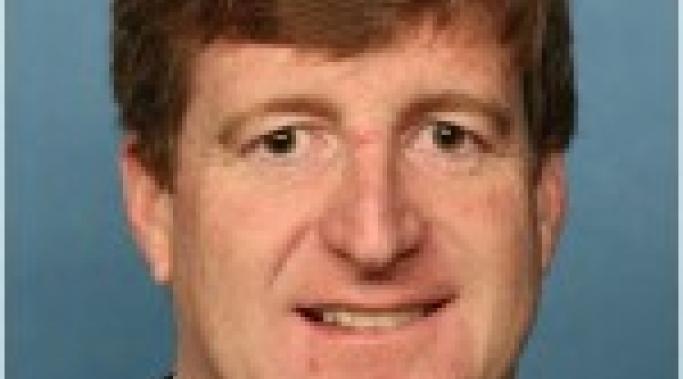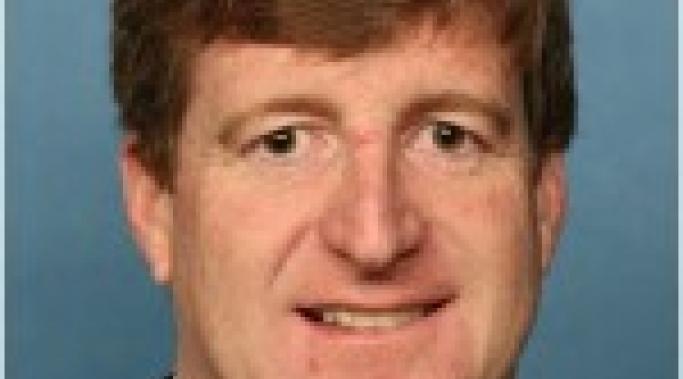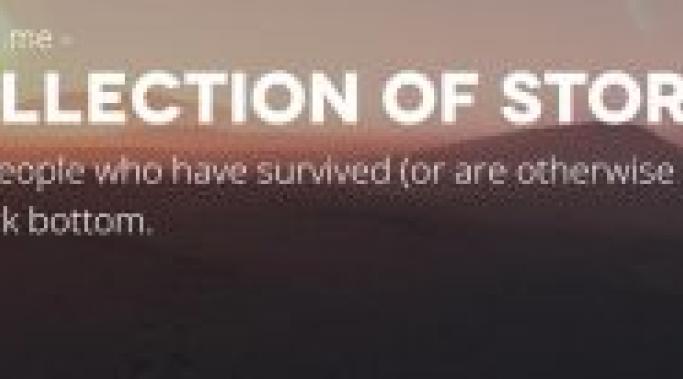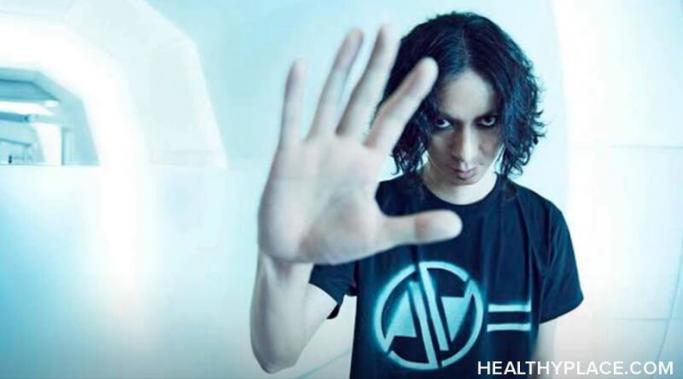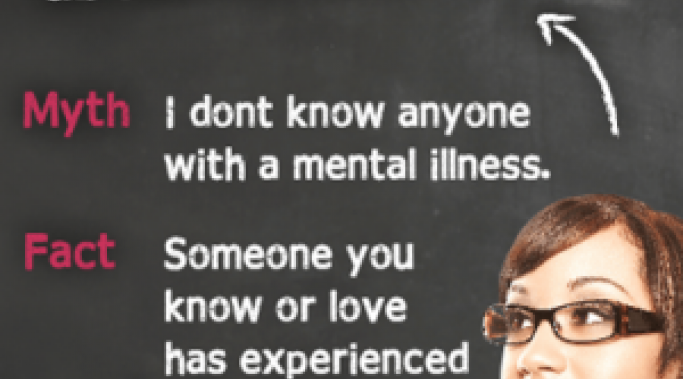I feel a lot of trepidation writing this article because it is based on such a controversial topic -- medication and stigma, or what I fondly refer to as med-igma. The stigma of taking mental health medication is something many of us know all too well. Hiding the fact that we take medications, feeling ashamed and fearful that other people will find out, and the internal med-igma that taunts us as we fill yet another glass of water to swallow our daily dose of prescribed medications.
Mental Health Treatment Stigma
On Oct. 28, 2013, Justin Eldridge took his life. He left behind a wife and four children, and the never-ending question of "Why?"
He had served more than eight years serving in the United States Marines, including an eight-month stint in Afghanistan.
He was 31-years-old.
In this two-part series, I speak with former Congressman Patrick Kennedy, D-RI, about mental health stigma and the work he and others are doing, not only to combat stigma, but to bring research into brain disorders and illnesses to the forefront. Kennedy is a co-founder of One Mind for Research, a group dedicated to brain disorder research. In this interview, Kennedy speaks about mental health stigma; the role his uncle, President John F. Kennedy played in bringing about treatment to local communities, and the role of post-tramatic stress in the "astronomical" suicide rate of today's veterans.
In this two-part series, I speak with former Congressman Patrick Kennedy, D-RI, about mental health stigma and the work he and others are doing, not only to combat stigma, but to bring research into brain disorders and illnesses to the forefront. Kennedy is a co-founder of One Mind for Research, a group dedicated to brain disorder research. In this interview, Kennedy speaks about mental health stigma; the role his uncle, President John F. Kennedy played in bringing about treatment to local communities, and the role of post-tramatic stress in the "astronomical" suicide rate of today's veterans.
Over the past year and a half, I’ve been talking about things we can all do to instigate change in the realm of mental health stigma. One unifying theme that I keep mentioning is the need for people to come out of the metaphorical closet and share their stories. But it isn’t always that easy.
I chose the rather unorthodox method of writing and publishing my memoir. But that’s a little extreme. We don’t all have to write books in order to combat mental health stigma.
I often catch myself sitting back and thinking what the world could look like if mental health stigma was a thing of the past and mental health care was a right and not a privilege. I don’t know if I will live long enough to see any of these dreams materialize, but it doesn’t hurt to have an idea of what a mental health utopia may look like.
There are a lot of reasons that I chose to get into the field of addiction treatment, and my beliefs in the danger of AA's addiction recovery program (and others modeled on it) was the main reason. Why do organizations such as Alcoholics Anonymous retain such a glorious public perception, all the while having success rates of approximately 5 per cent after one year? Even AA's own Comments on A.A.'S Triennial Surveys, which is difficult to find, and even more difficult to decipher, does in fact state these dismal results.1
This is a two-part series where I explore the inner-world of Electroboy, Andy Behrman. Mr. Behrman speaks openly about bipolar disorder, substance abuse, hypersexuality, the Electroboy movie, stigma and of course, his dream of being the first 'omni-sexual male' on Mars.
It’s become common-place to hear of a celebrity publicly acknowledging having a mental illness (Famous People With Mental Illness). Most people would view this as a positive step in the right direction toward the goal of eliminating the stigma surrounding mental illness. But others, myself included, believe that some of these disclosures are actually counter-productive and could even be contributing to mental health stigma.
Although it may at times be difficult to find, there is psychiatric help out there. However, in order to access that help, you need to make that first step through the door. Not surprisingly, it turns out that the first step is one of the most difficult ones to make.


